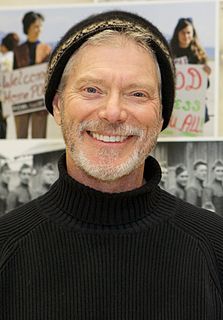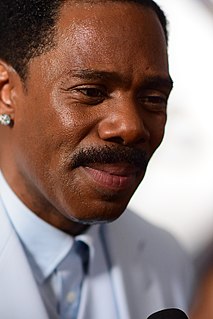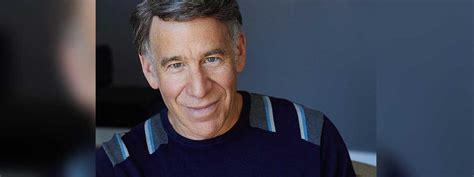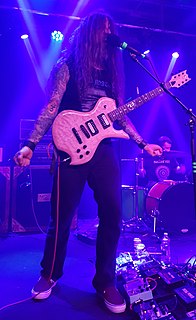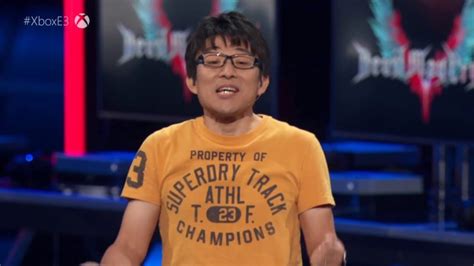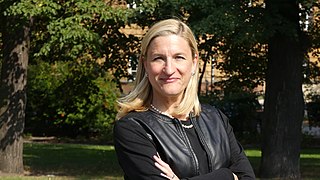A Quote by Stephen Lang
There are themes that somehow stir me and that I find very interesting. They're themes that deal with leadership, the nature of bravery and courage, and how to define those.
Related Quotes
If somebody asks me about the themes of something I'm working on, I never have any idea what the themes are. . . . Somebody tells me the themes later. I sort of try to avoid developing themes. I want to just keep it a little bit more abstract. But then, what ends up happening is, they say, 'Well, I see a lot here that you did before, and it's connected to this other movie you did,' and . . . that almost seems like something I don't quite choose. It chooses me.
We learnt a lot because we got in with real choreographers who tell you what they need from a song, because a song has to advance the story. Then real directors like Mike Nichols tell you where you can have 'B themes' and 'C themes', and we go oh yes, B themes and C themes! So we were taught in the finest school amongst the finest people. And also by the school of experience.
'The 5th Wave' is sci-fi, but I tried very hard to ground the story in very human terms and in those universal themes that transcend genre. How do we define ourselves? What, exactly, does it mean to be human? What remains after everything we trust, everything we believe in and rely upon, has been stripped away?
Introduce your main characters and themes in the first third of your novel. If you are writing a plot-driven genre novel make sure all your major themes/plot elements are introduced in the first third, which you can call the introduction. Develop your themes and characters in your second third, the development. Resolve your themes, mysteries and so on in the final third, the resolution.
